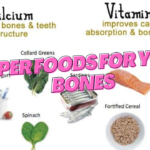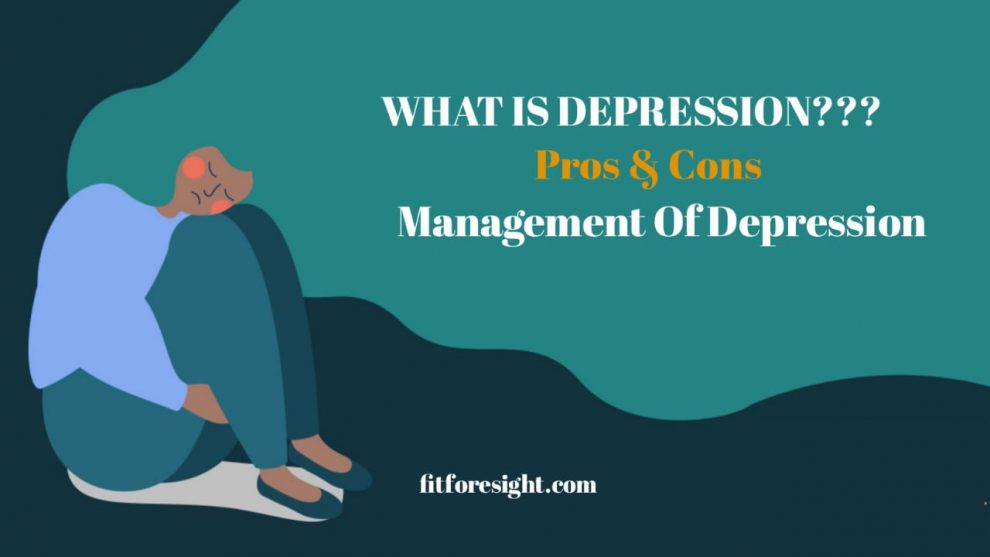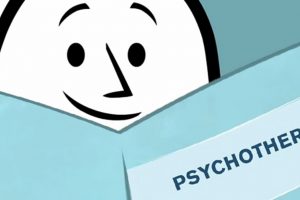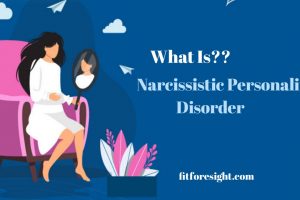Depression is a pervasive and complex mental health condition that affects millions of people worldwide. Despite its prevalence, there is still a significant lack of understanding surrounding this debilitating disorder. This article aims to shed light on depression, its causes, symptoms, and available treatment options, offering valuable insights into how to cope with this challenging condition.
What is Depression?
Depression, also known as major depressive disorder, is a mental health disorder characterized by persistent feelings of sadness, hopelessness, and a lack of interest or pleasure in activities once enjoyed. It goes beyond mere sadness; it is an overwhelming sense of despair that affects a person’s thoughts, feelings, and daily life.
Common Causes of Depression
- Biological Factors: Genetics play a crucial role in predisposing individuals to depression. If you have a family history of depression, your risk may be higher.
- Chemical Imbalances: Neurotransmitters, such as serotonin and dopamine, are brain chemicals that regulate mood. An imbalance in these chemicals can contribute to depression.
- Life Events: Traumatic events like loss of a loved one, divorce, or job loss can trigger depressive episodes.
- Chronic Illness: Certain medical conditions, such as chronic pain, cancer, or thyroid problems, can lead to depression.
- Substance Abuse: Alcohol or drug abuse can worsen depression or even be a contributing factor.
Common Symptoms of Depression
Recognizing the signs of depression is crucial for early intervention. Symptoms can vary in severity and may include:
- Persistent sadness or irritability
- Loss of interest in previously enjoyed activities
- Fatigue and decreased energy
- Changes in appetite and weight
- Sleep disturbances
- Feelings of worthlessness or guilt
- Difficulty concentrating and making decisions
- Recurrent thoughts of death or suicide
Treatment Options for Depression
Fortunately, depression is a treatable condition, and various effective therapies are available:
- Psychotherapy: Talk therapy, such as cognitive-behavioral therapy (CBT) and interpersonal therapy, helps individuals understand and manage their depressive thoughts and emotions.
- Medications: Antidepressant medications, like selective serotonin reuptake inhibitors (SSRIs) or serotonin-norepinephrine reuptake inhibitors (SNRIs), can help rebalance brain chemicals.
- Lifestyle Changes: Regular exercise, a balanced diet, and adequate sleep can have a positive impact on mood and overall mental health.
- Support Groups: Joining support groups or seeking the help of a therapist can provide a valuable network of people who understand and empathize with your struggles.
Coping with Depression
- Seek Professional Help: If you or someone you know is experiencing symptoms of depression, it’s crucial to consult a mental health professional for proper diagnosis and treatment.
- Build a Support System: Surround yourself with friends and family who can provide emotional support during tough times.
- Self-Care: Prioritize self-care activities, including relaxation techniques, mindfulness, and hobbies that bring you joy.
- Set Realistic Goals: Break tasks into smaller, manageable steps to avoid feeling overwhelmed.
- Stay Informed: Educate yourself about depression to better understand what you’re experiencing.
Depression is a challenging condition, but it’s essential to remember that there is hope. With the right support and treatment, individuals can overcome depression and lead fulfilling lives. If you or someone you know is struggling with depression, don’t hesitate to seek help. Understanding the causes, symptoms, and treatment options is the first step toward recovery and better mental health.
Remember, you’re not alone in this journey, and there are resources and support available to help you manage depression and find a path to a brighter future.

























Add Comment